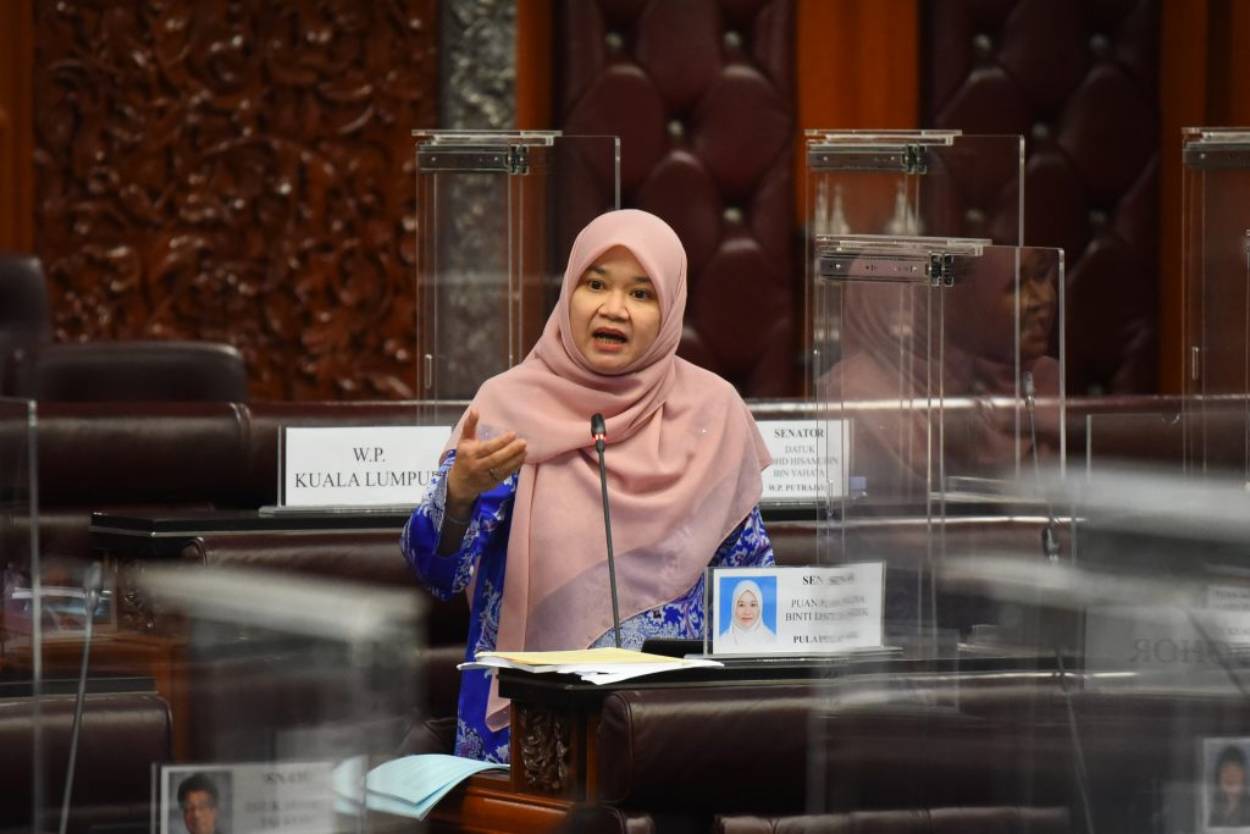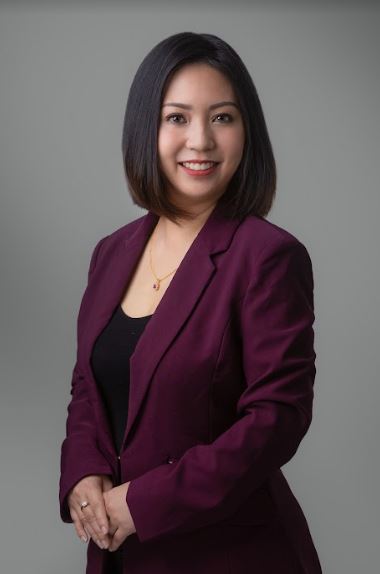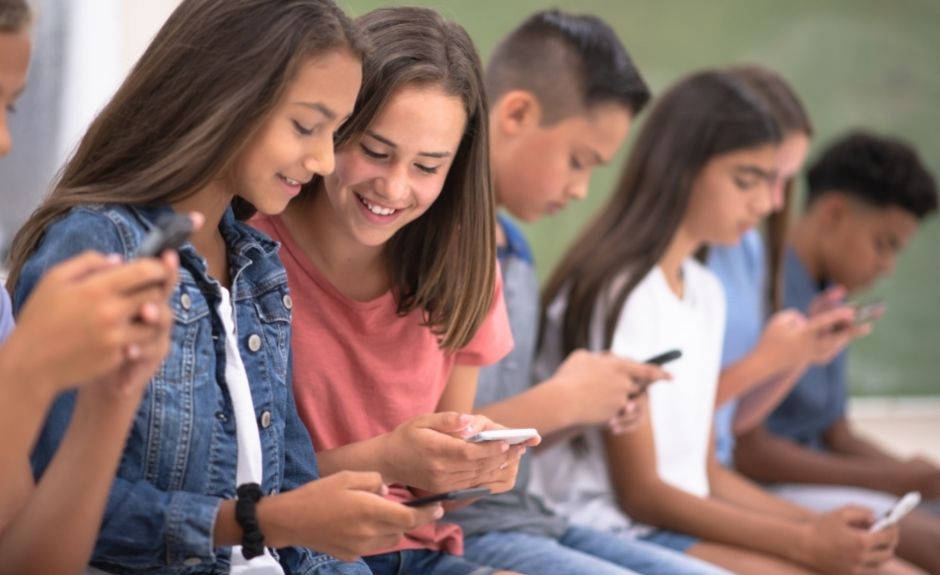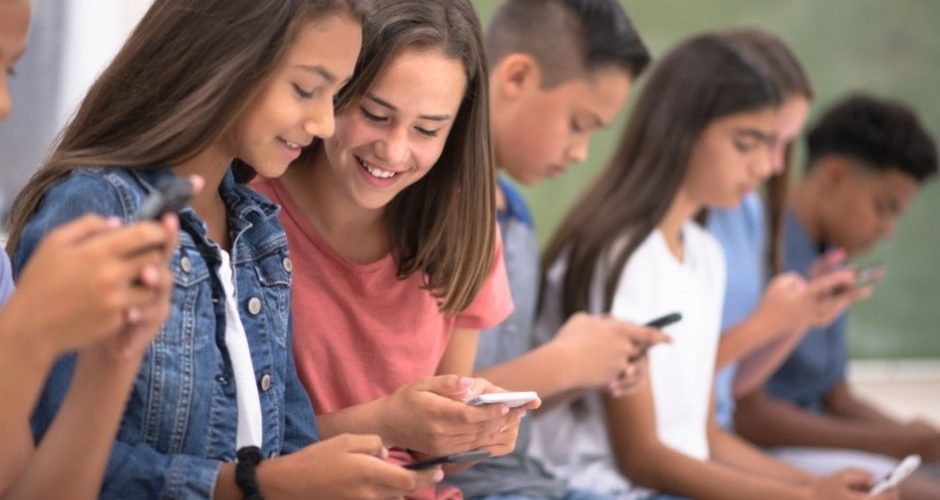In an era dominated by digital connectivity, social media platforms have become indispensable tools for communication, community building, and education. Malaysia, with its 26.8 million social media users, comprising 78.5% of the population, exemplifies the pervasive influence of these platforms. However, recent events have highlighted the need for vigilance and responsibility, particularly in the education sector.
Malaysia’s Education Minister, YB Fadhlina Sidek, recently issued a stern warning against the unauthorized use of students on social media by teachers. This declaration follows reports of a teacher allegedly featuring students in TikTok content without proper consent. Concerns raised by the National Parent-Teacher Association (PIBGN) and parents have prompted the Ministry of Education Malaysia (MOE) to take decisive action, emphasizing the importance of safeguarding students’ privacy and dignity in the digital realm.

Advocating for children’s privacy
Lai Cheng Wong, a media and information literacy researcher currently pursuing her PhD at Universiti Sains Malaysia, underscores the importance of addressing issues such as disinformation, data privacy, and digital well-being as society becomes increasingly reliant on online platforms.
Drawing parallels between technology and a powerful tool like a knife, Wong underscores the dual nature of technology, highlighting its potential for both positive and negative outcomes. “Much like a knife, technology is a powerful tool. While it can be misused to cause harm, there’s another side to it where we can derive benefits from its use, such as in surgery, protection, and even cooking,” Wong said while emphasizes the need for responsible use of social media among educators and parents.

To address the risks associated with posting photos of children on social media, Wong advocates for the implementation of measures to safeguard privacy and well-being. She suggests that schools should obtain parental consent before sharing such content, aligning with guidelines outlined by Common Sense Education. Wong underscores three crucial questions educators and parents should consider before posting anything from their classrooms or schools on social media.
“Is there anything in this post that personally identifies me or my students? Do I have explicit permission to post it? You usually need parental consent to share student information. Refer to the social media guidelines and privacy policy for your school to learn how information is protected, collected, and used. Is what I’m posting furthering the learning of my students or other learners? Let parents know if students need to communicate with people outside of your class” Wong elaborated.
Steps to enhance privacy protection
Furthermore, Wong suggests proactive steps to enhance privacy protection when sharing children’s photos online. “Additionally, it is advisable to ask learners, while taking a photo, if they are comfortable with it being shared on the school’s social media platform. Full names should not be included alongside the photos. Some schools go the extra mile by blurring the faces of every child as an additional safeguarding measure,” Wong shared.

The importance of data protection and privacy is further underscored by international conventions such as the United Nations Convention on the Rights of the Child and Malaysia’s Personal Data Protection Act 2010 (PDPA). These regulations aim to safeguard individuals’ personal data and uphold their rights in both physical and digital environments.
In light of these developments, Wong stresses the need for increased awareness and education on media and information literacy (MIL) competencies among educators, parents, and students. “Raising awareness about the potential risks associated with data protection and privacy are essential. It is crucial to identify gaps in the existing practices of schools in ensuring digital safety of learners while empowering teachers and citizens including parents with media and information literacy (MIL) competencies is yet another crucial step. It is time to recognise that children are not social media content, but individuals deserving of protection and respect in the digital and AI era. “
As Malaysia navigates the complexities of the digital age, it is imperative that stakeholders in education remain vigilant in protecting the rights and well-being of students in the digital realm. Only through collective effort and informed decision-making can the potential of social media as an educational tool be fully realized while ensuring the safety and dignity of all individuals involved.











